As a parent, you are in charge of enriching your child's foundation and preparing them for the future. Although instilling good values in your children can be very difficult, you shouldn't give up as it's your duty as a parent to ensure that you push through all this and just do what needs to be done for your child to grow into a fine human being. No matter how much your child gives you those cutesy eyes so you fall prey to their charms and go easy on them, here are things you shouldn't compromise on and need to make sure you teach them at a young age.
Respect


Teaching your child respect, especially for diverse populations, is one of the most vital lessons you can ever impart to them. Have you ever noticed how children absorb attitudes and behaviours from their environment? By being respectful towards everyone regardless of their background, beliefs, or appearance you’ll be setting them up to embrace differences. Imagine the world they’ll create if they grow up understanding that diversity enriches our lives. You can start small by sharing about different cultures, celebrating various holidays, or simply encouraging them to be curious about others. The beauty of this lesson is that it fosters inclusivity and understanding from a very young age.
Personal Hygiene
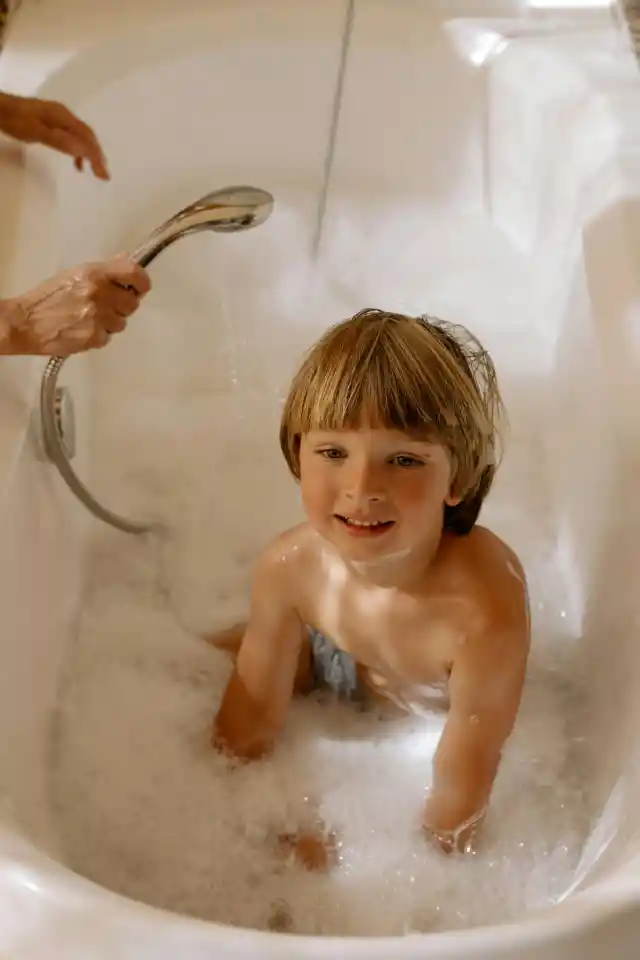
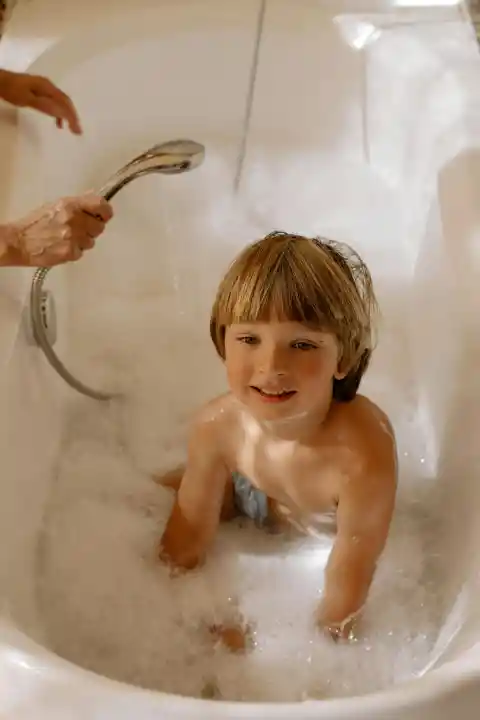
Let’s face it: teaching personal hygiene can be a challenge when it comes to kids. They would honestly rather play and be messy all day than wash their hands or brush their teeth. However, how can we expect our children to care for themselves if we don’t instil these habits from the start? So whether you have to make up silly catchy songs and dances to motivate them to have personal hygiene or whether you introduce a reward system, just teach your child personal hygiene. Isn’t it reassuring to know that they’ll carry these habits into adulthood, making them more self-sufficient and responsible?
Age-Appropriate Cooking Skills
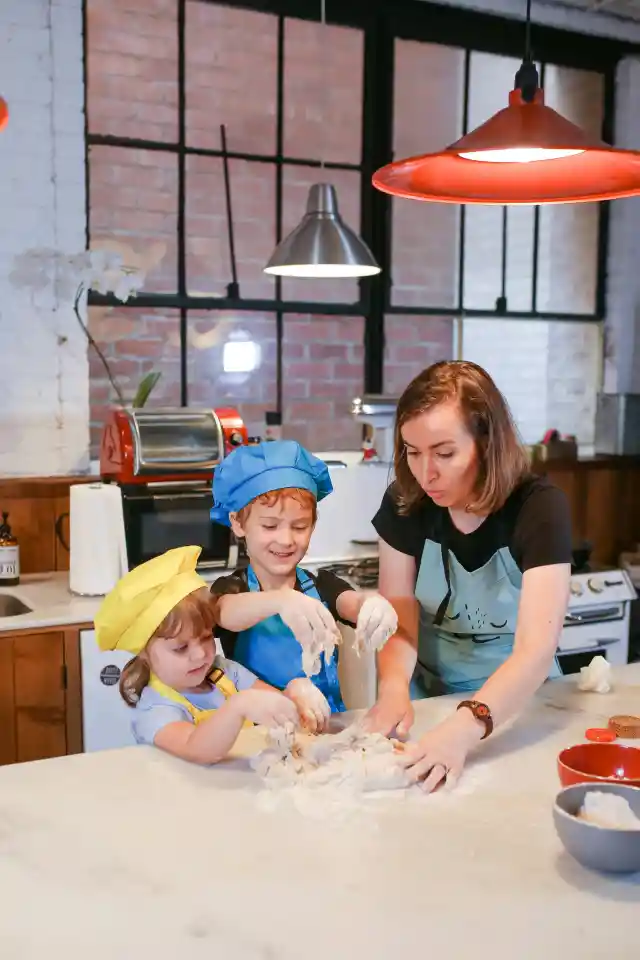
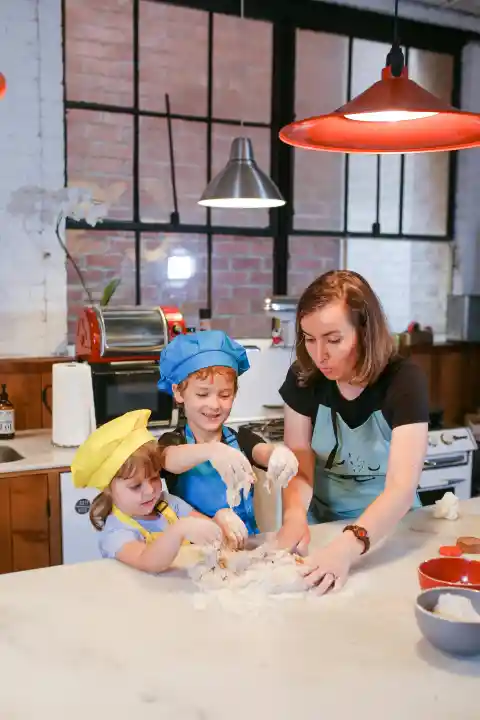
Cooking is a life skill that will empower your child and help them as they grow older. Start with simple tasks like washing vegetables or mixing ingredients, and watch their confidence grow. As they learn to cook, they’re also learning about nutrition, responsibility, and even maths through measuring ingredients. You'll also be able to bond with your child while teaching their cooking skills, which is an advantage. Wouldn’t you love to see them whip up a meal for the family one day?
Financial Skills


Money management might seem like an adult concern, but why not introduce your kids to the basics early on? After all, how will your kids learn the value of money if we don’t teach them? Start with simple concepts like saving and spending, perhaps by giving them an allowance which they can manage so that they can learn all these things in practical terms. Encourage them to save for something special that they have been asking you to buy for them so they can attach hard work to money. This not only makes them mindful of money but also prepares them for future financial responsibilities. Imagine how empowered they’ll feel navigating their finances as teens and adults, avoiding the pitfalls many of us face.
Communication
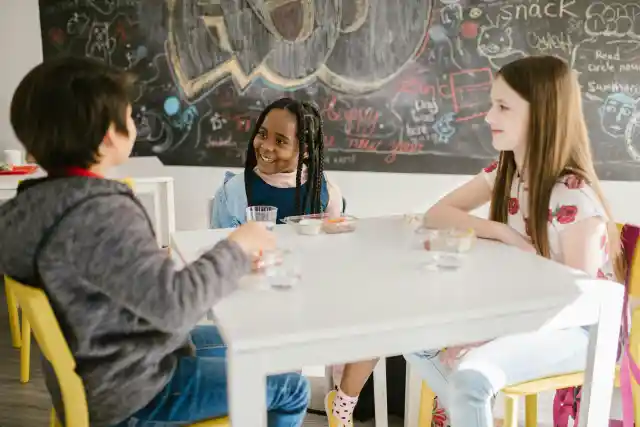

Effective communication is key to all human connections and children need to learn this at a very young age. Encourage them to talk about their day, share their feelings, and ask questions. Play games that involve storytelling or role-playing to make this process enjoyable. At the end of the day, by fostering open communication, you’re enhancing their social skills and emotional intelligence. This is a skill that will be treasured forever.
Empathy and Kindness


Empathy and kindness are the cornerstones of a compassionate home and society. We need to model the behaviour we want to see in them. If you act unkindly or mean towards other people while your children are watching, they will think that this is okay and they will end up being the same. However, if they see you doing the opposite, they will also follow suit. Encourage them to think about how others feel and to lend a helping hand whenever they can. Whether it’s sharing toys or comforting a friend, every act of kindness counts, and it will mould them into mindful adults.
Emotion Identification, Management, and Regulation


Emotions can be overwhelming even for you, isn't it? So imagine how your child would feel, especially because they don't understand that concept yet. Teaching your child to identify and manage their feelings is crucial and will help them recognize their feelings and understand that it’s okay to express themselves. Encourage healthy coping strategies, like deep breathing or talking it out as it will make them more resilient and better equipped to handle life’s ups and downs.
Accountability
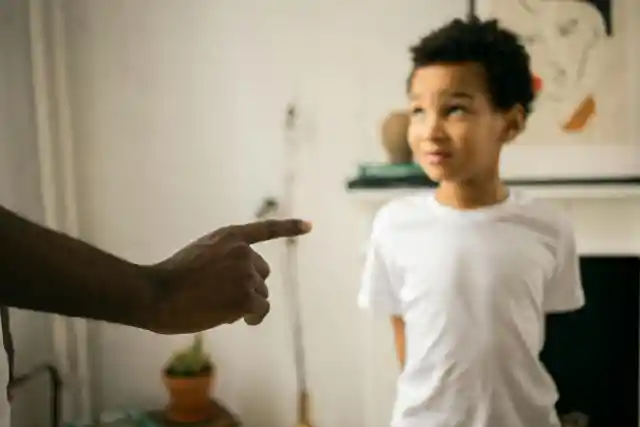
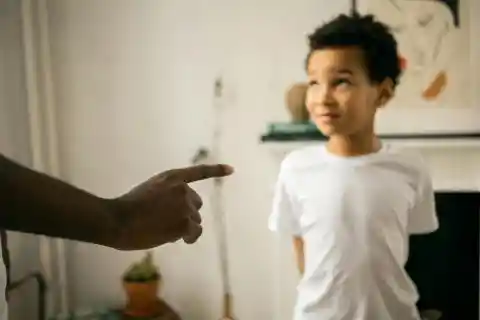
Accountability might be a tough lesson, but it’s essential for personal growth even in kids. Have you ever noticed how easy it is to shift blame? Teach your child to own their actions by discussing the importance of honesty and responsibility. If they spill juice, encourage them to clean it up rather than brush it off. By reinforcing this lesson, you’re helping them understand that everyone makes mistakes, but it’s how we respond that defines us.
Safety Awareness


With so many potential dangers around, it is your job as a parent to prepare your child for these lurking dangers and how they can be safer. Discuss topics like stranger danger, road safety, and what to do in cases of emergencies. You can even role-play scenarios so that they become engaging and memorable to them, thus imprinting on their minds. Empowering your child with safety knowledge not only protects them but also gives you peace of mind.